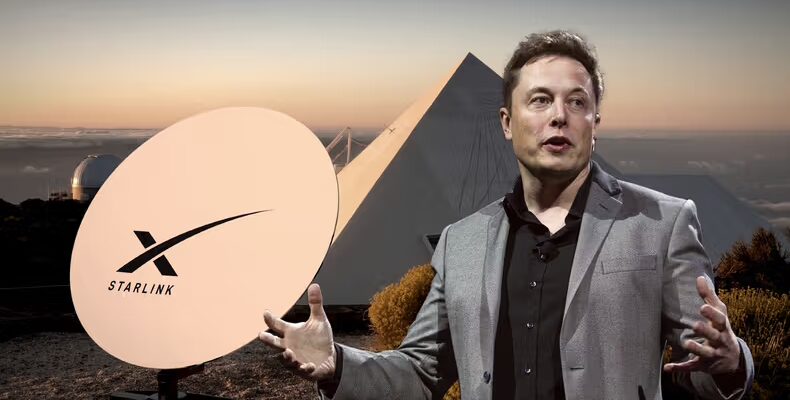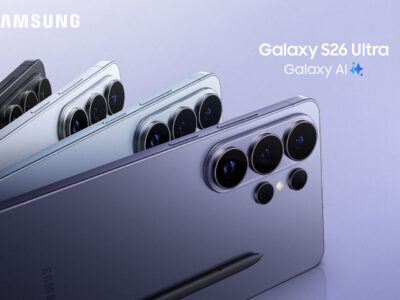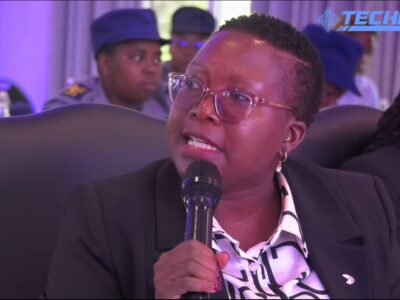Elon Musk has unveiled plans for Starlink mobile phones that connect directly to satellites, a development set to challenge Africa’s telecom operators and reshape the continent’s connectivity landscape.
Speaking at the ALL-IN Summit this week, Musk said SpaceX and Starlink are designing chipsets that will allow phones to link directly with satellites, enabling high-speed internet and video streaming anywhere in the world without depending on national mobile networks. The devices are expected to start shipping within two years.
“This technology will allow SpaceX to deliver connectivity directly from satellites to the phones,” Musk said. “The net effect is you will be able to watch videos anywhere on your phone.”
By Ruvarashe Gora
The timing is significant for Africa, where mobile networks remain central to communication and financial services. The possibility of phones bypassing carriers could disrupt business models for operators such as MTN, Airtel, and Vodacom, which dominate the region’s telecoms sector.
So far, 25 African countries, including Nigeria, Ghana, Kenya, and the Democratic Republic of Congo, have licensed Starlink, with the service already active in 20 markets. The company aims to reach more than 45 countries by the end of 2026.
Nigeria has also taken bold steps to advance satellite connectivity. In June, the National Space Research and Development Agency (NASRDA) signed an agreement with Chinese firm Galaxy Space to deploy direct-to-device satellite communication nationwide. NASRDA director-general Dr. Matthew Adepoju described it as “a new era in Nigeria’s communication landscape,” particularly for rural and underserved areas.
Industry analysts say Low Earth Orbit (LEO) satellites like Starlink present Africa with a cost-effective solution where laying fibre and terrestrial networks is expensive or technically challenging. However, experts caution that a sustainable digital future will likely require a mix of satellite, fibre, and mobile technologies.
Musk himself noted that existing operators would not disappear overnight. “They still have spectrum, but yes, you’ll be able to have Starlink like having AT&T or Verizon,” he said.
As Starlink accelerates its African expansion, telecom companies face growing pressure to innovate or risk losing ground in one of the world’s most dynamic connectivity markets.














Comments